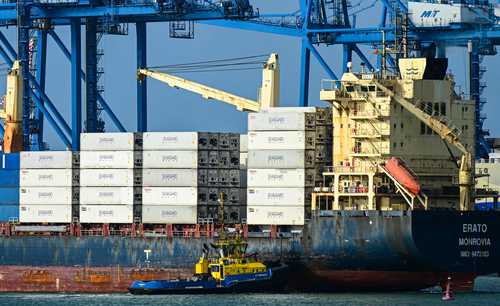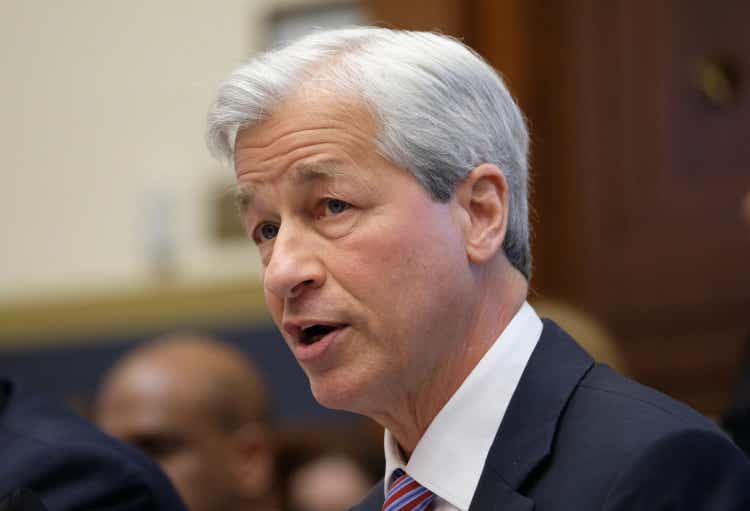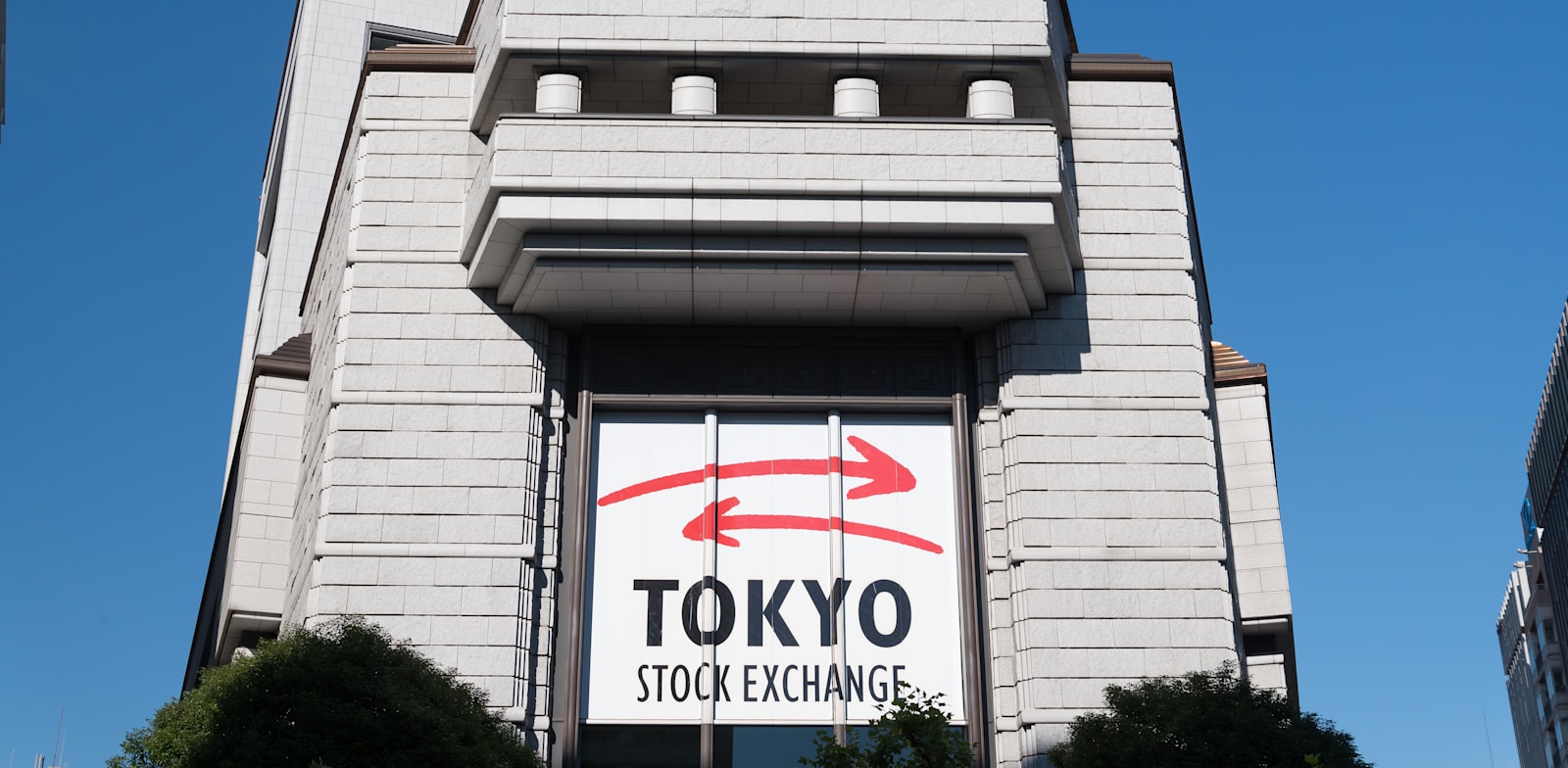The world economy has been governed by a specific order since the end of World War II, but according to The Economist, this order is on the brink of collapse. In a special report titled “The international liberal order is slowly falling,” the magazine warns that a number of triggers could lead to anarchy and once again make war a resource for great powers.
The global economy may appear resilient at first glance, but there are underlying fragilities that could cause it to collapse. The institutions that have driven globalization are losing credibility and the United States, which has been relied upon in the past, cannot sustain the world economy alone. Sanctions, subsidy wars, and fragmentation of global capital flows are all signs that the old order is disintegrating, as reported by The Economist.
The magazine points out that international organizations such as the World Trade Organization and International Monetary Fund are struggling to maintain credibility and effectiveness in the current world order. The paralysis of the United Nations Security Council and the use of supranational courts as weapons in conflicts further highlights the decay of the old system.
History shows that sudden collapses can occur once a decline begins, as seen after World War I and during economic downturns in the 20th century. Protectionist policies, escalation of trade wars or open warfare between major powers could further contribute to a collapse of the global economic order. Despite criticisms of unchecked globalization, The Economist highlights



